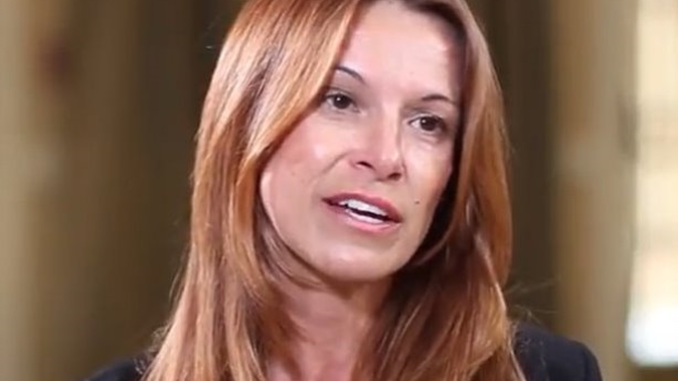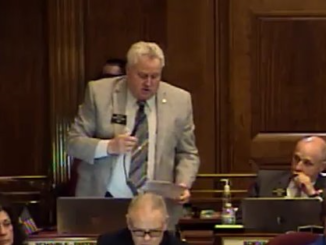
One of the problems often found in public education is the relationship between schools and the parents of the students they are supposed to be educating. The stress found in these relationships are – at times – more a result of usurpation on the part of the state and schools than abdication on the part of parents.
In an interview earlier this month with Superintendent of Public Instruction Kirsten Baesler, we find an illustration of how some parents feel undermined by the system. When asked about things in which the state has “grappled with” in education, Baesler touched upon issues like teacher shortages and distance in rural communities.
But following those issues, Baesler said this:
“There’s also the barrier that I don’t think we’re unique in experiencing of just culture. What is the appropriate role for a public school system to play in the development of a child? And where does the family’s role end and the public school system’s role begin?” (Emphasis Added)
The final question in her statement is problematic for many parents. After all, does a family’s role ever really end when it comes to education– even if it is a public one? I would suggest that it doesn’t. Or at least it shouldn’t.
The question Superintendent Baesler poses clearly illustrates a problem. But it’s not a surprising one. If people honestly believe that a family’s role magically ends somewhere in the public education of children, then it’s only natural that a debate would follow about where that point is.
The entire premise is what causes many of our problems in education, because it inherently creates conflict.
If we are going to maximize the effectiveness of our public schools; then legislators, school boards, administrators, teachers, and parents must come to embrace the idea that a family’s role never ends in the education of a child.
After all, what is the alternative? If a family’s role does indeed end at some magical point, then it would only naturally follow that the student is a ward of the state and that they become the preeminent decision maker in the life of the child when it comes to matters of education. While such an idea seems to be accepted by many as reality in today’s world of education, it is a sad one for sure. And parents should do all they can to change it.
Between the usurpation that takes place on the part of the state and the abdication that takes place on the part of some parents, we are left to wonder if public education is salvageable at all? And perhaps that is the question we should be asking ourselves.
Here’s the interview if you’re interested in watching. It’s pretty short– just under 9 minutes long. I recommend watching it in its entirety.
Source:
1. https://www.youtube.com/watch?v=KdFaOXskc0M





